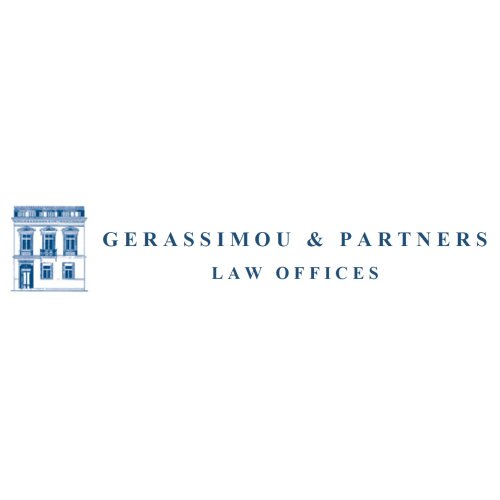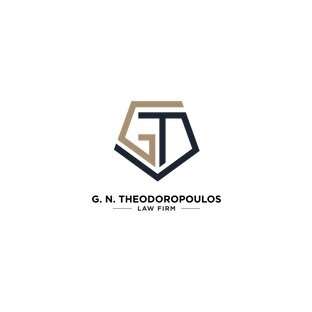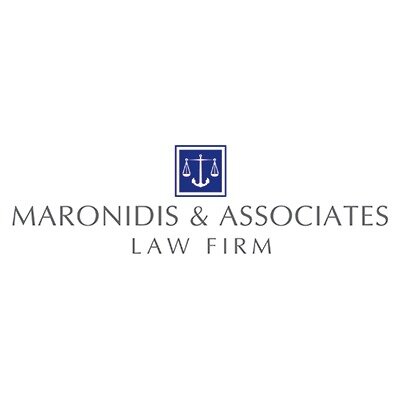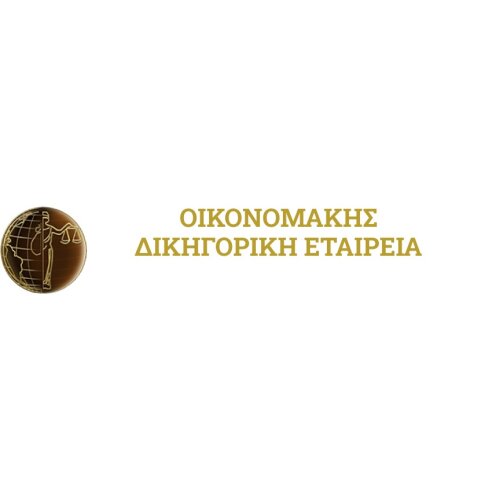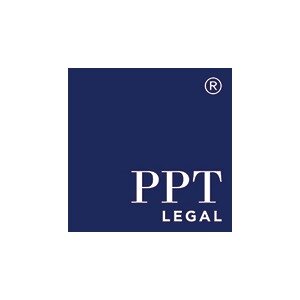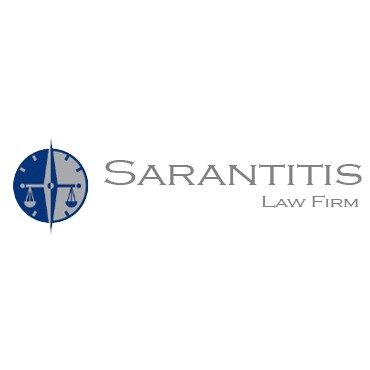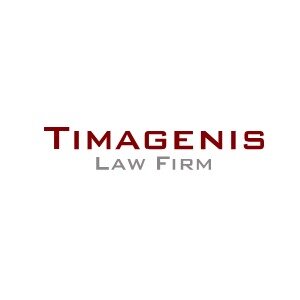Best Energy Regulatory Law Lawyers in Piraeus
Share your needs with us, get contacted by law firms.
Free. Takes 2 min.
List of the best lawyers in Piraeus, Greece
About Energy Regulatory Law in Piraeus, Greece
Energy Regulatory Law in Piraeus forms part of Greece’s broader legal and regulatory framework that governs the production, supply, distribution, and use of energy resources. Piraeus, as a major port city and an economic hub, plays a pivotal role in Greece’s energy sector, especially in maritime fuel supply and logistics. The field covers legal provisions relating to electricity, natural gas, renewable energy, and the licensing, tariffs, and market operations associated with energy projects. The law also guides environmental regulations related to energy activities, consumer protections, cross-border energy trading, and compliance with European Union energy directives.
Why You May Need a Lawyer
Energy Regulatory Law is complex and continually evolving, especially given Greece’s dynamic energy market and EU integration. Common situations where individuals or companies in Piraeus may require legal help in this field include:
- Navigating licensing and permitting processes for new energy projects
- Drafting and negotiating power purchase agreements and energy contracts
- Handling disputes between consumers, suppliers, or grid operators
- Complying with environmental regulations or addressing environmental impact assessments
- Adhering to market and competition rules in line with Greek and EU regulations
- Representing clients in hearings before regulatory authorities such as RAE
- Managing issues related to the renewable energy investments, incentives, and feed-in tariffs
- Supporting import and export of energy, including legal aspects of cross-border transactions
Local Laws Overview
Energy Regulatory Law in Greece is anchored in several key legislative acts and overseen by various agencies, the most significant being the Regulatory Authority for Energy (RAE). Some important aspects of local law relevant to Piraeus include:
- Compliance with the Greek Energy Law, harmonized with EU directives
- Licensing obligations for energy producers, suppliers, and distributors
- Tariff setting methodologies for energy services
- Market regulation to ensure competition and fair access to the grid
- Environmental protection laws applicable to energy generation and distribution
- Special provisions for renewable energy sources, including incentives and subsidies
- Requirements for energy efficiency and climate commitments
- Port energy regulations, particularly for maritime fuel supply and bunkering in Piraeus
Frequently Asked Questions
What is the main regulatory body for energy matters in Greece?
The Regulatory Authority for Energy (RAE) is the independent agency responsible for overseeing the energy market, including licensing, market operation, and compliance in Greece.
Are there special laws governing renewable energy in Piraeus?
Yes, Greece has enacted specific laws and offers incentives targeted at renewable energy investments, including simplified licensing procedures and feed-in tariffs, which are applicable in Piraeus.
Do I need a license to supply or produce energy in Piraeus?
Yes, energy production, supply, or distribution in Piraeus requires obtaining appropriate licenses from RAE or other competent authorities and meeting all regulatory obligations.
How are energy tariffs set in Greece?
Tariffs are regulated by national law and set by the regulatory authority, often following public consultation and consideration of market conditions and EU directives.
What are the penalties for non-compliance with energy regulations?
Penalties can include significant fines, suspension or revocation of licenses, and compensation for damages, depending on the severity of the violation.
Can foreign investors participate in Piraeus’s energy sector?
Yes, the Greek legal framework encourages foreign investment, and EU citizens have the same rights as Greek nationals. Non-EU investors are also welcome but may be subject to additional requirements.
What environmental requirements apply to energy projects?
Energy projects in Piraeus must comply with Greek environmental laws, which include mandatory environmental impact assessments and permits, especially for large-scale or potentially polluting activities.
How do consumer protection laws affect energy customers?
Consumers benefit from strong legal protections regarding transparent billing, quality of service, dispute resolution, and the ability to switch suppliers under Greek and EU law.
How are disputes in the energy sector resolved?
Disputes may be resolved through negotiation, mediation, or, if necessary, legal proceedings before Greek courts or regulatory authorities like RAE.
What is the role of the port of Piraeus in Greece’s energy market?
The port of Piraeus is a key hub for maritime energy logistics, including fuel supply for vessels, storage, and the potential development of alternative energy infrastructure.
Additional Resources
If you need more information or support regarding Energy Regulatory Law in Piraeus, consider the following resources:
- Regulatory Authority for Energy (RAE)
- Ministry of Environment and Energy of Greece
- Piraeus Bar Association
- European Union energy policy resources
- Greek Ombudsman for consumer energy disputes
- Environmental Protection Agency Greece for permits and assessments
- Piraeus Chamber of Commerce and Industry energy-related guidance
Next Steps
If you require legal assistance in the field of Energy Regulatory Law in Piraeus, your first step should be to gather all relevant paperwork and clearly identify your legal question or issue. Seek out a reputable law firm or a lawyer with specific experience in energy regulatory matters in Piraeus or the wider region. Initial consultations can clarify your obligations, rights, and the best way forward. It is also helpful to stay informed about changes in relevant legislation and to maintain open communication with regulatory authorities for ongoing projects or compliance issues.
Legal matters in the energy sector can be highly technical, so working with a specialist can safeguard your interests, help you avoid costly mistakes, and ensure your activities align with local and EU laws.
Lawzana helps you find the best lawyers and law firms in Piraeus through a curated and pre-screened list of qualified legal professionals. Our platform offers rankings and detailed profiles of attorneys and law firms, allowing you to compare based on practice areas, including Energy Regulatory Law, experience, and client feedback.
Each profile includes a description of the firm's areas of practice, client reviews, team members and partners, year of establishment, spoken languages, office locations, contact information, social media presence, and any published articles or resources. Most firms on our platform speak English and are experienced in both local and international legal matters.
Get a quote from top-rated law firms in Piraeus, Greece — quickly, securely, and without unnecessary hassle.
Disclaimer:
The information provided on this page is for general informational purposes only and does not constitute legal advice. While we strive to ensure the accuracy and relevance of the content, legal information may change over time, and interpretations of the law can vary. You should always consult with a qualified legal professional for advice specific to your situation.
We disclaim all liability for actions taken or not taken based on the content of this page. If you believe any information is incorrect or outdated, please contact us, and we will review and update it where appropriate.



